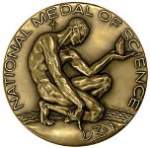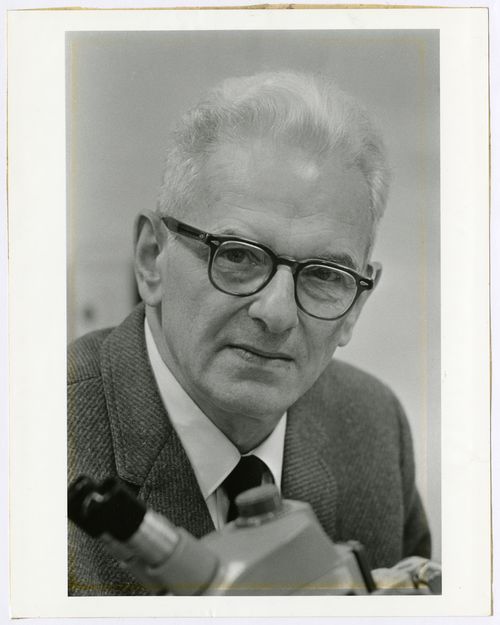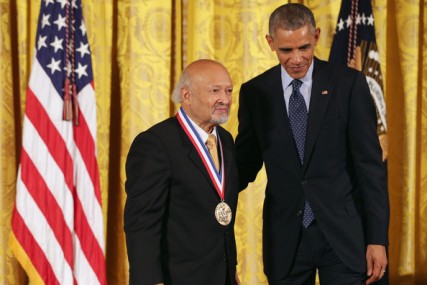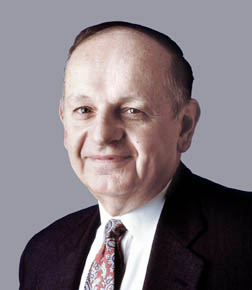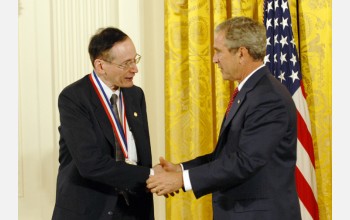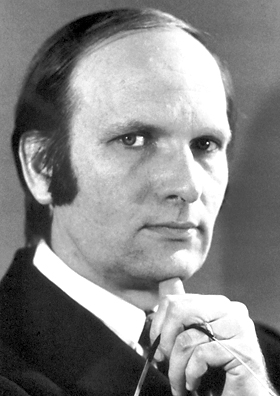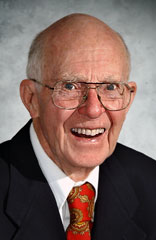Val Logsdon Fitch National Medal of Science Awarded In 1993
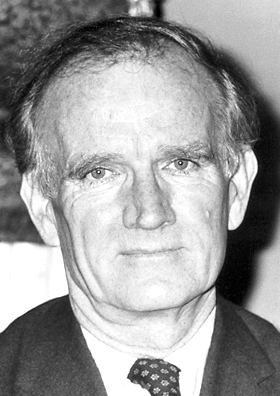
Val Logsdon Fitch
Award Name : National Medal of Science
Year of Award : 1993
Award for : Physics
Location : Merriman, Nebraska, United States
Val Logsdon Fitch was an American nuclear physicist who, with co-researcher James Cronin, was awarded the 1980 Nobel Prize in Physics for a 1964 experiment using the Alternating Gradient Synchrotron at Brookhaven National Laboratory that proved that certain subatomic reactions do not adhere to fundamental symmetry principles. He was born on March 10, 1923 in Merriman, Nebraska, United States. He graduated from McGill University in Montreal with a bachelor’s degree in electrical engineering in 1948 and was awarded a Ph.D. in physics by Columbia University in 1954. That year he joined the faculty of Princeton University, and he later served (1976–81) as chair of its physics department; in 1987 he was named the James S. McDonnell Distinguished University Professor of Physics.
In
experiments conducted at the Brookhaven National Laboratory in 1964, Fitch and
Cronin showed that the decay of subatomic particles called K mesons could
violate the general conservation law for weak interactions known as CP
symmetry. Those experiments in turn necessitated physicists’ abandonment of the
long-held principle of time-reversal invariance. The work done by Fitch and
Cronin implied that reversing the direction of time would not precisely reverse
the course of certain reactions of subatomic particles. Fitch served on various
government bodies, including the President’s Science Advisory Committee
(1970–73) and the National Science Foundation (1980–83), and in 1993 he was
awarded the National Medal of Science.
